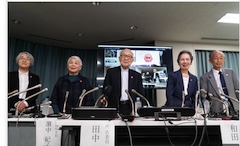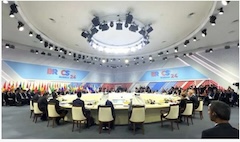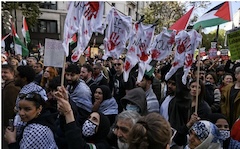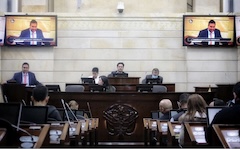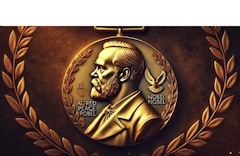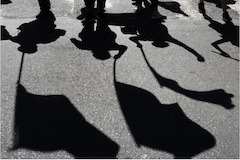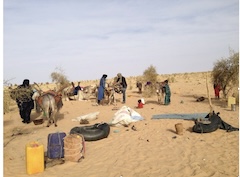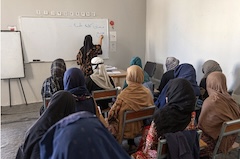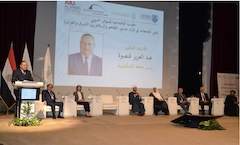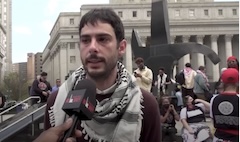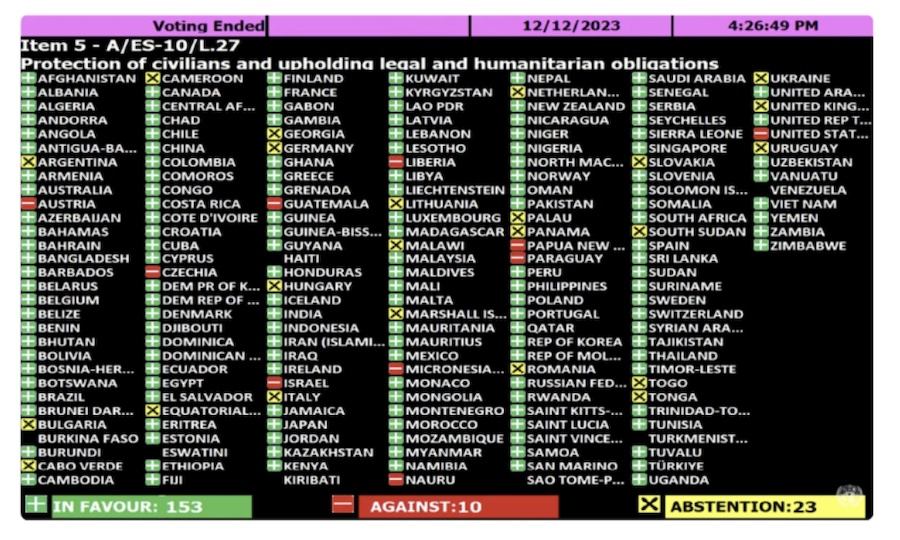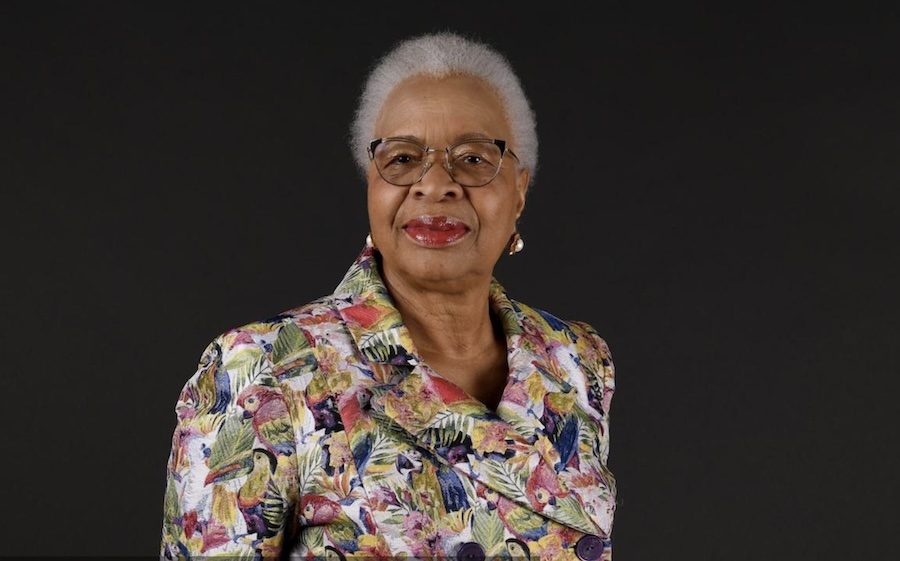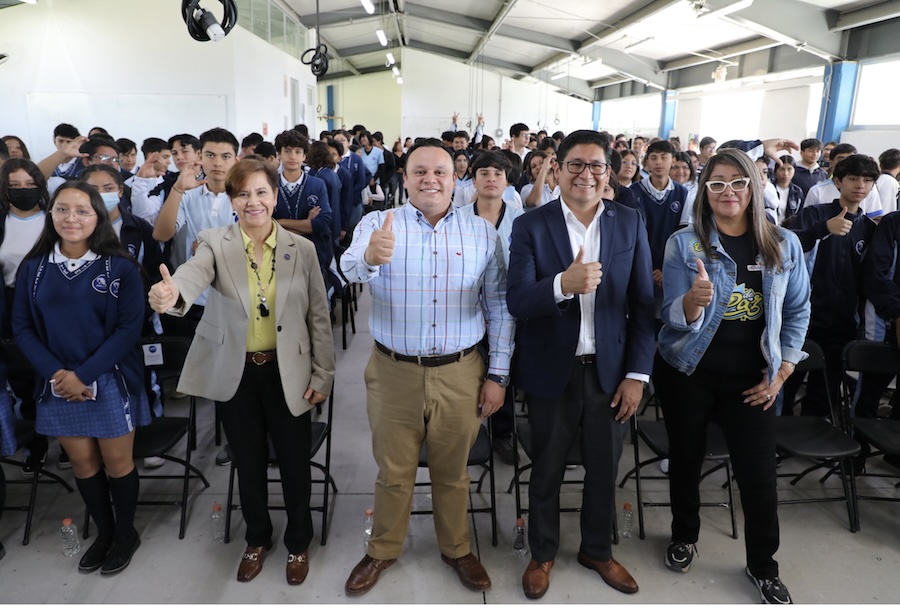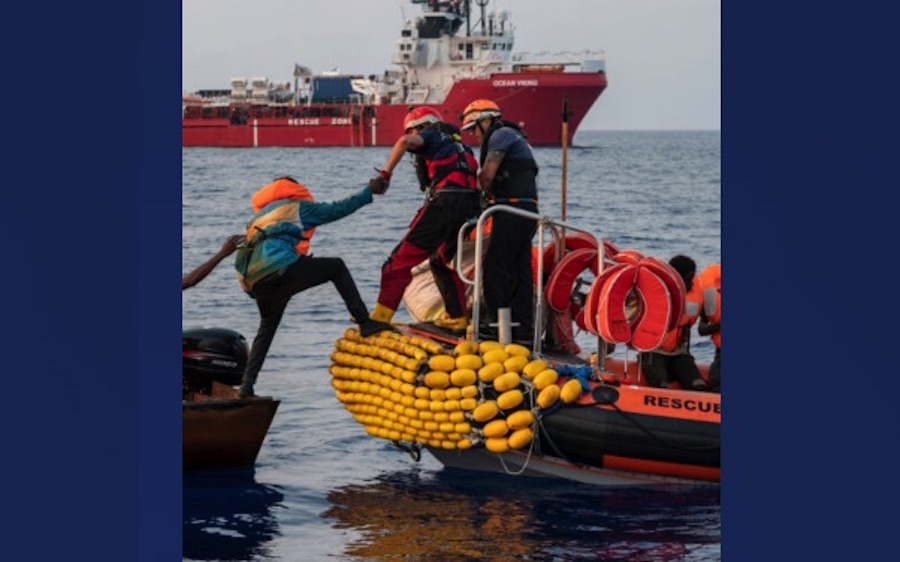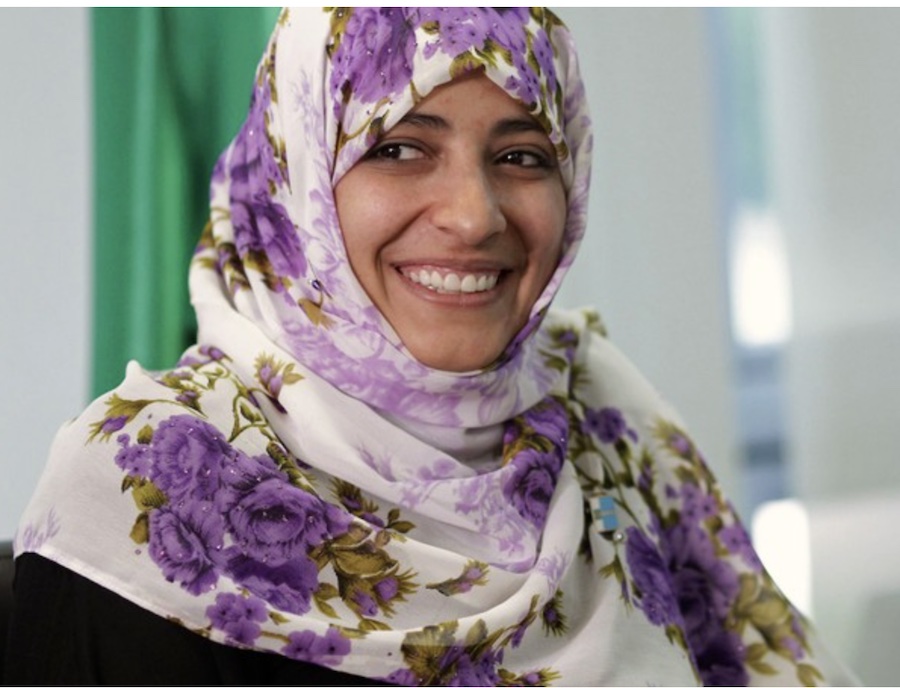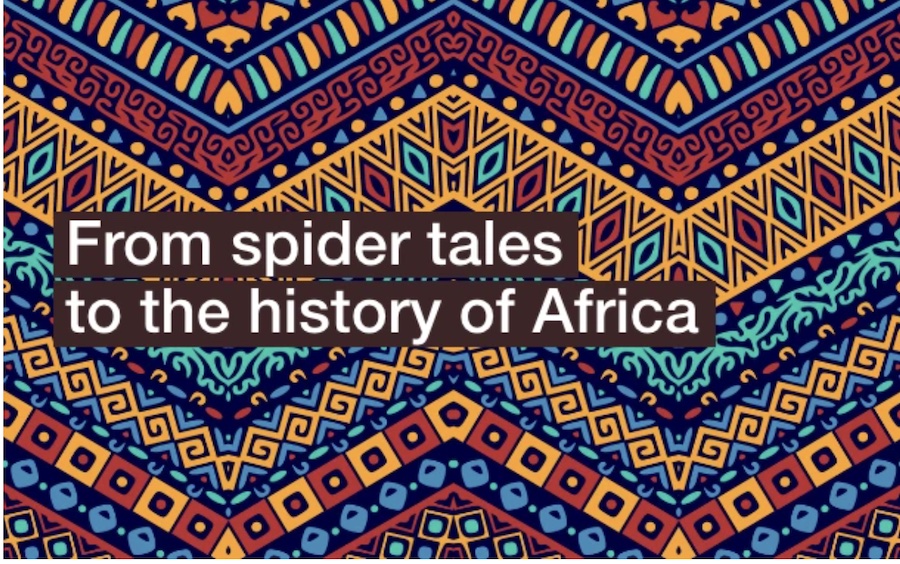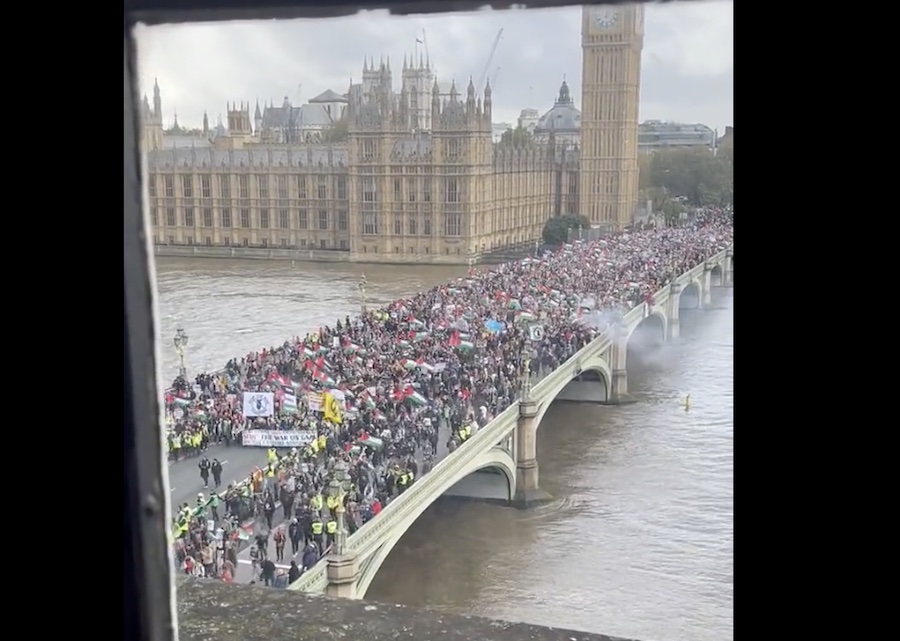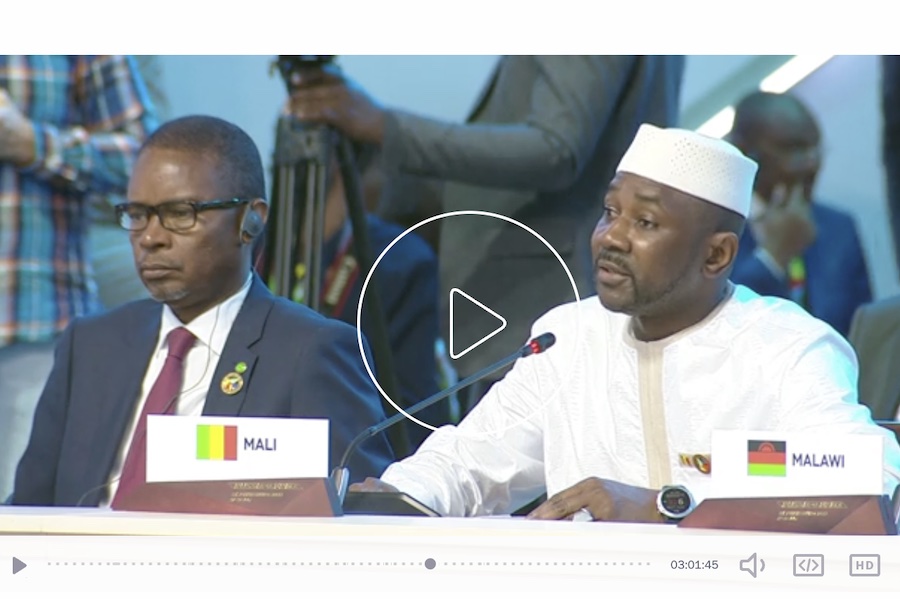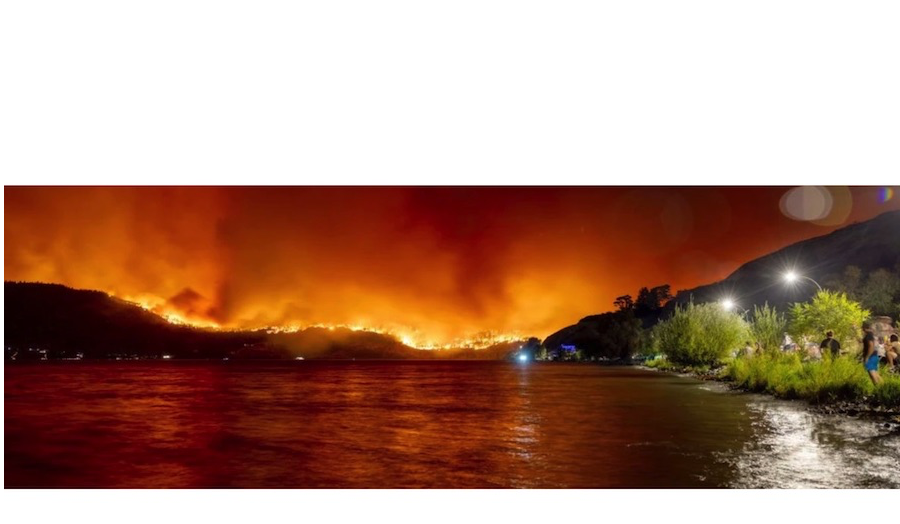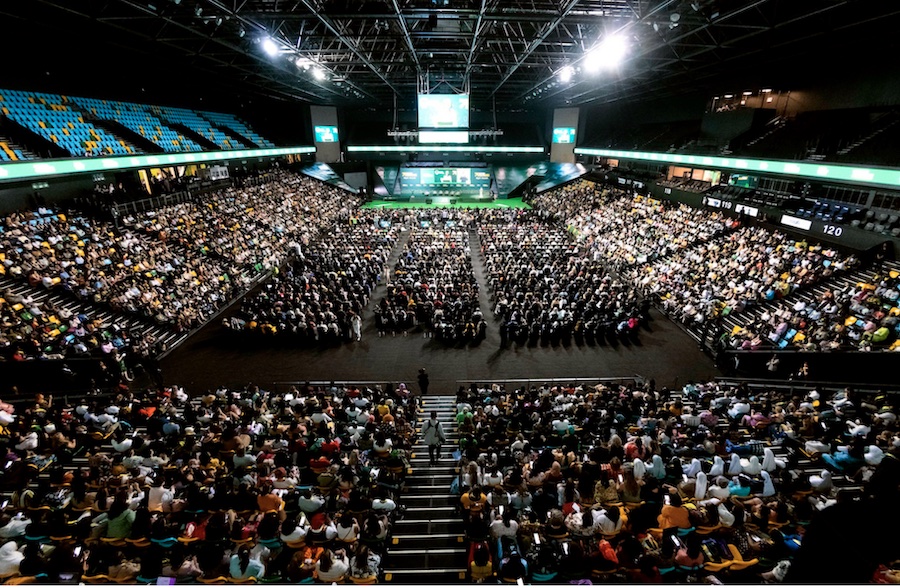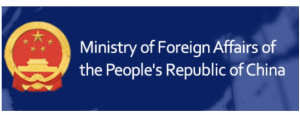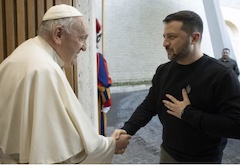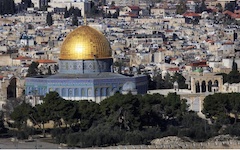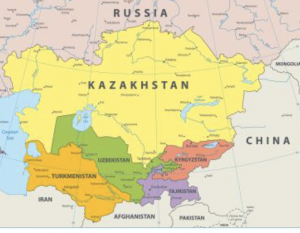GLOBAL OUTCRY AGAINST GAZA GENOCIDE
The global outcry against the Gaza genocide, that began
last November, continues to develop around the world.
As we reported last month, the youth of the world are taking the lead at their universities. This month, we publish photos from university mobilizations in 36 countries. The motivation of the participants is expressed in a valedictorian speech given at the University of Toledo, Ohio: ““We are the generation that must address these issues at home. We must ask why we have sent around 320 billion dollars in foreign aid to a state convicted of war crimes, countless violations of international law and who are on trial for genocide while Americans are dying due to lack of access to health care” A similar statement from a young Arab-American activist was published last month by CPNN: “In their dedication to speaking out for the protection of human life, their commitment to non-violence, and their courage to act regardless of legal reprimand, thousands across the globe have found hope and regained a battle cry against the Palestinian genocide that continues to unfold. Through attending the George Washington University encampment, I have seen firsthand the nature of these spaces of protest — their spirit, their power, and their peace.”
The global scope of the mobilization is shown by the tour conducted by Palestinian Mazin Qumsiyeh and his wife Jessie to Australia and New Zealand last month. They held 212 events, including speaking at lectures, workshops, rallies, informal gatherings, radio interviews, and media appearances. They reached a total of 22,000 individuals and collected more than 3,400 emails to add to their contacts. Furthermore, they initiated over 20 potential joint projects.
Of special importance are the mobilizations for peace within Israel itself. “Standing Together brought together hundreds of people at a rally in Haifa on December 16 and another 1,000 people at a rally in Tel Aviv on December 28. In January, we held our first anti-war march, in which a coalition of more than 30 peace movements and organizations mobilized thousands of people. The latest and largest demonstrations to date occurred in early May, featuring Palestinian and Jewish speakers and thousands of people marching in Tel Aviv under the slogan “Stop the war, bring back the hostages.”
In May, in response to far-right attempts to block aid convoys heading to Gaza; “Standing Together announced the formation of the Humanitarian Guard, an initiative to bring together peace activists from across Israel to act as a physical barrier between extremist settlers and the trucks, document what was happening, and force the police to intervene. . To date, more than 900 people have signed up to volunteer for this initiative. Every day, dozens of people flock from Jerusalem and Tel Aviv to the checkpoint.”
As we have reported previously, women are at the forefront of the mobilizations for peace between Israel and Palestine. And indeed, last month, Nava Hefetz, a female rabbi and activist for peace and human rights, and Ghadir Hani, a Palestinian Israeli, were both in Jerusalem to organize “humanitarian guards.” And Reem Alhajajra, co-founder of Women of the Sun, a Palestinian association campaigns alongside Women Wage Peace on the Israeli side for justice and peace.
As CPNN published in March, 31 Israeli human rights organizations issued a joint statement, including the following: “We call for the immediate release of all hostages and an end to the bombardment of civilians in Israel and in Gaza. Humanitarian aid must be allowed to reach civilian populations, medical facilities and places of refuge must not be harmed, and vital resources such as water and electricity must not be cut off. The killing of additional civilians will not bring back those who were lost. Indiscriminate destruction and a siege harming innocents will not bring relief, justice, or calm.”
Based in the United States, the American Friends Service Committee, has published “6 ways you can support Palestinians in Gaza.” These are:
1) Contact your member of Congress and call for an immediate cease-fire.
2) Help bring attention to what’s happening in Gaza.
3) Learn more about Gaza and lift up Palestinian voices.
4) Hold corporations accountable for their role in violating the rights of Palestinians in Gaza.
5) Join us in working to dismantle Israeli apartheid.
6) Make a gift.
At the same time as these developments in the global consciousness of activists continue to develop, the efforts of national and international authorities to stop the genocide also continue.
After previous attempts were blocked by the American veto, on June 10, the UN Security Council finally adopted a resolution calling for a cease-fire in Gaza. Israel rejected it, saying “Israel will not engage in meaningless and endless negotiations which can be exploited by Hamas as a means to stall for time.”
The chief prosecutor of the International Criminal Court has recommended arrest warrants against two top Israeli officials, Prime Minister Benjamin Netanyahu and Defense Minister Yoav Gallant, and three prominent Hamas leaders. Richard Falk, former UN Special Rapporteur on Human Rights in Palestine, called it “the first truly historic move since (the court’s) establishment in 2002.”
The UN General Assembly convened on May 10 for an emergency special session on the Gaza crisis and overwhelmingly passed a resolution which upgrades Palestine’s rights at the world body as an Observer State, without offering full membership. It urged the Security Council to give “favourable consideration” to Palestine’s request.
Of special importance is the growing opposition to the genocide in the United States, because, as argued by the prestigious Center for Constitutional Rights, the Biden administration, far from a neutral spectator, is actively supporting the genocide through military, economic and diplomatic assistance. They filed suit in the US court system to stop the complicity, and although the judge rejected it on technical grounds as “outside the court’s limited jurisdiction,” in his ruling he urged Biden and his administration officials to scrutinize “the results of their unflagging support” for the Israeli government’s assault on Gaza. In his ruling he stated that testimony shows that the ongoing military siege in Gaza is intended to eradicate a whole people and therefore plausibly falls within the international prohibition against genocide.”
According to the most recent American polls, a majority of Democrats (56%) and a slight plurality of Independents (36%) say they believe Israel is committing genocide in Gaza. This poses a serious threat to Biden’s election campaign.
One is reminded of the movement against the war in Vietnam in the 1960’s, that initially developed on college campuses, and later was taken up by the rest of the country in the United States and around the world. Although Vietnam suffered enormously, the movement was able to force a halt in the escalation of the war, and eventually Vietnam was able to expel the invaders and to survive.
